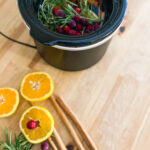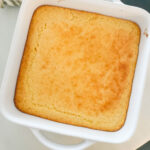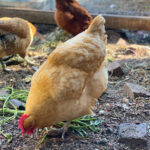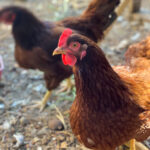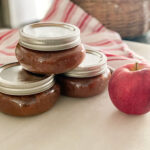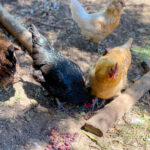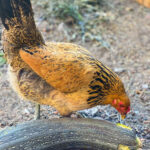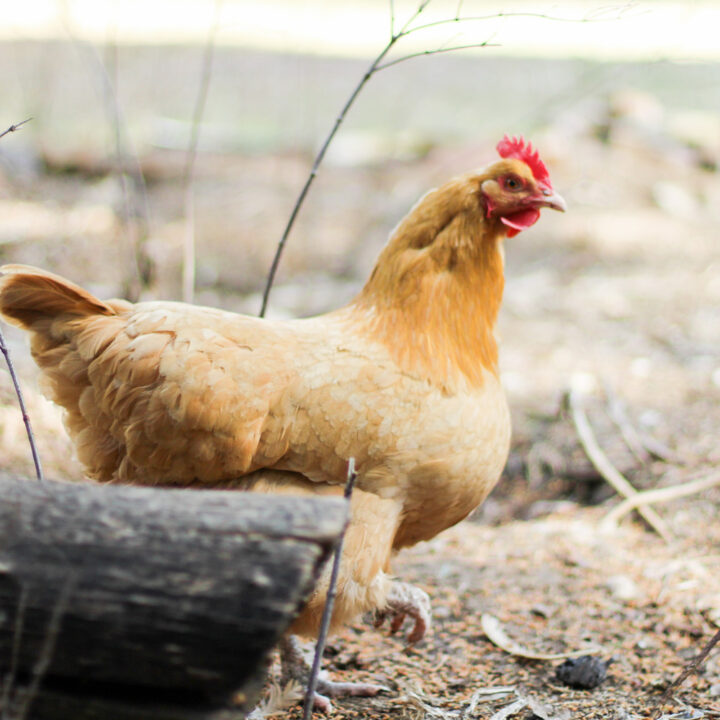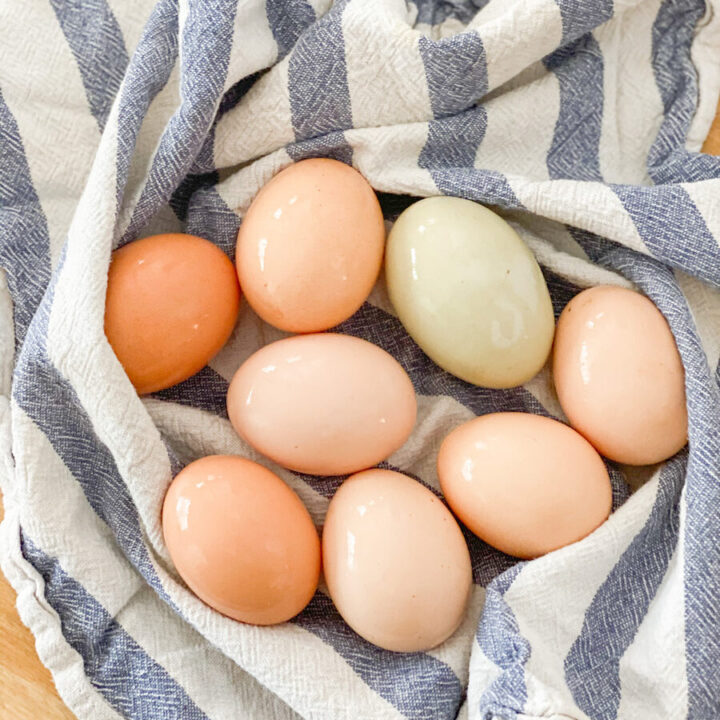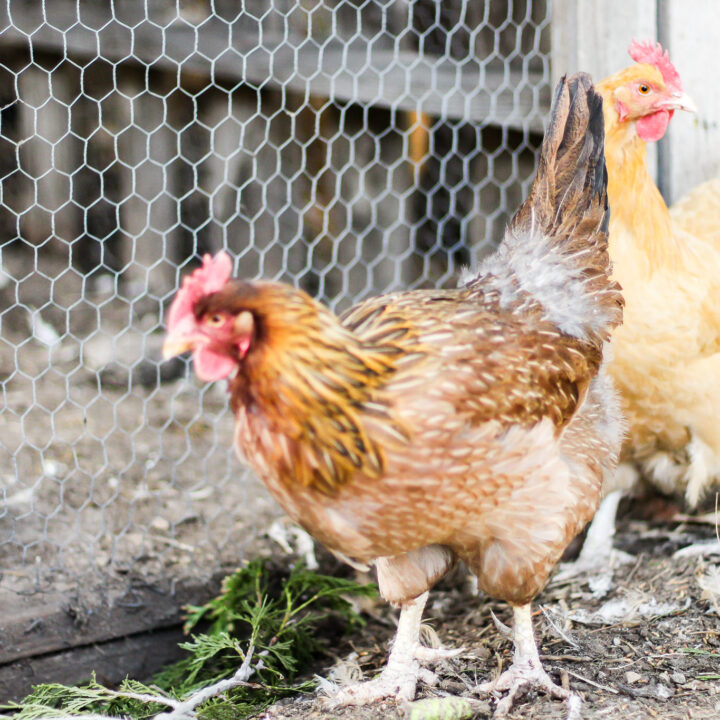Backyard chickens are amazing for so many reasons. They are great for your garden and and excellent way to have fresh eggs right at your fingertips. However as the winter approaches, it’s important to make sure your backyard chickens are kept warm and healthy. Here are some tips for keeping your backyard chickens warm in the winter.
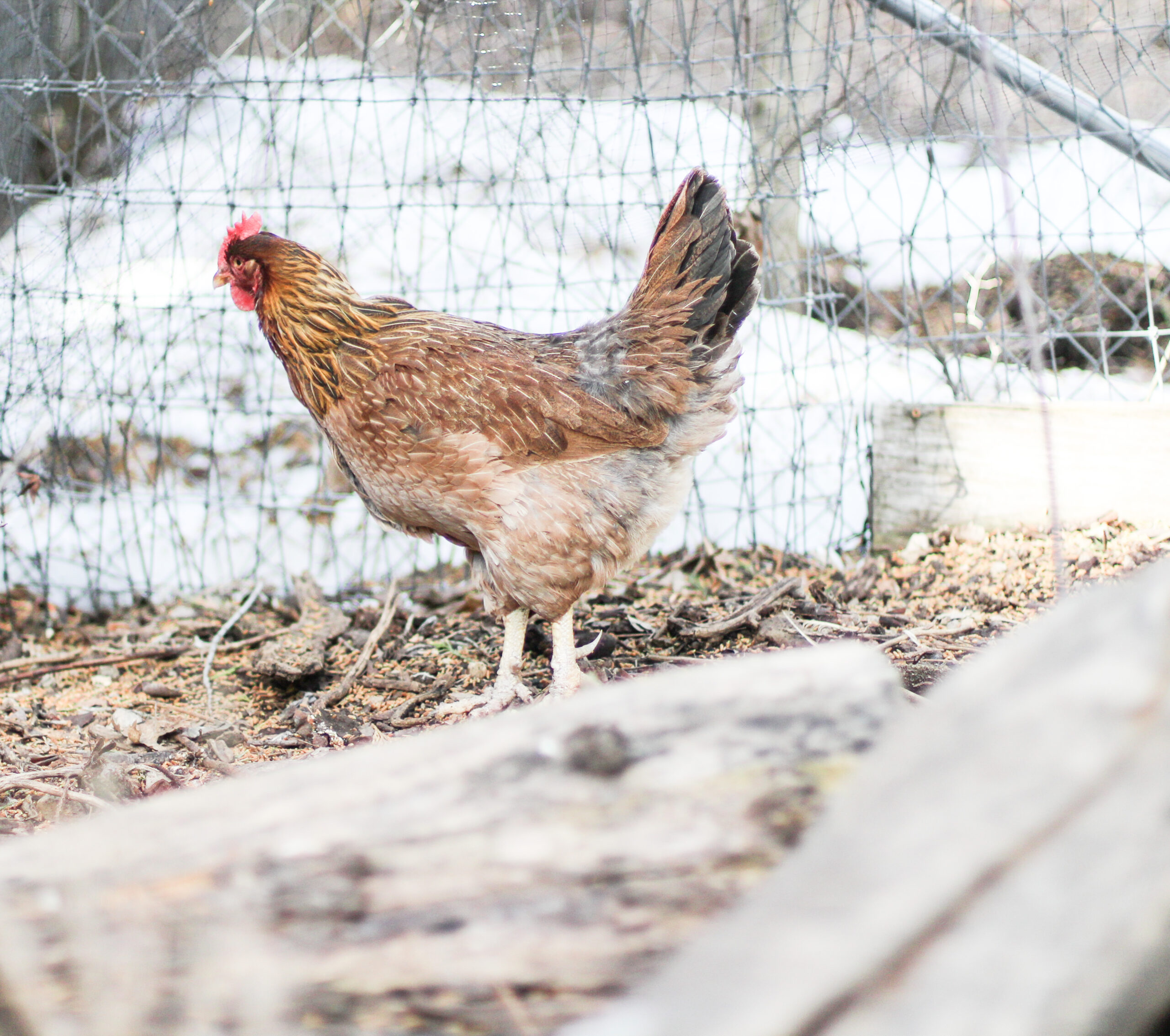
Tips For Keeping Your Chickens Warm and Healthy All Winter Long
Chickens are surprisingly hardy birds, but the winter months can wreak havoc on your flock if you're not prepared. The shorter colder days can diminish egg production, and less time spent outside in the sunshine can create health issues for some chickens. These tips will help you keep your flock warm and healthy all winter long.
1. Insulate Your Coop and Minimize Drafts
Create an indoor space for your chickens that is well ventilated but minimally drafty. If you have an open door for your chickens to enter and outdoor run or any larger coop openings, consider adding the option to close the coop to the elements. Consider using a thin layer of "chicken proof insulation" on the walls and even the roof of the coop to keep some warm air inside. Although you don't want a drafty coop, maintaining good ventilation is key to keeping the coop bedding dry and minimizing chicken illness. Consider a few roof vents when planning or building or assembling the coop.
2. Make Sure you Have Plenty of Roosting Space
Getting the chickens up off of the coop floor, especially during cold nights is paramount to maintaining their health and keeping them out of the way of any sort of draft you may not have been able to seal. Chickens will roost together and fluff out their feathers to create more warmth as well. Be sure that all of your chickens have ample space to roost in the winter.
3. Use the "Deep Litter" Method to Keep Your Chickens Warm
The Deep litter method of maintaining your chicken coop in the winter is a centuries old method where you allow the "litter" or shavings, hay and chicken droppings to accumulate to the point that they are actually composting right on the floor of your coop. This method not only produces heat as it composts, it also creates an excellent garden soil amendment. Often times it decomposes enough during the winter months that you can use it in your garden. The deep litter method is a win for your chickens and a win for the garden.
4. Consider Supplementing with Extra Grain or Cracked Corn
Feeding your chickens extra grain, specifically cracked corn in the colder months you may help them to produce more of their own heat. As chickens digest grain like cracked corn their bodies naturally produce heat. Cracked corn takes longer to digest than many other more processed grains like chicken pellets and food scraps which means their bodies will produce more heat for a longer period of time.
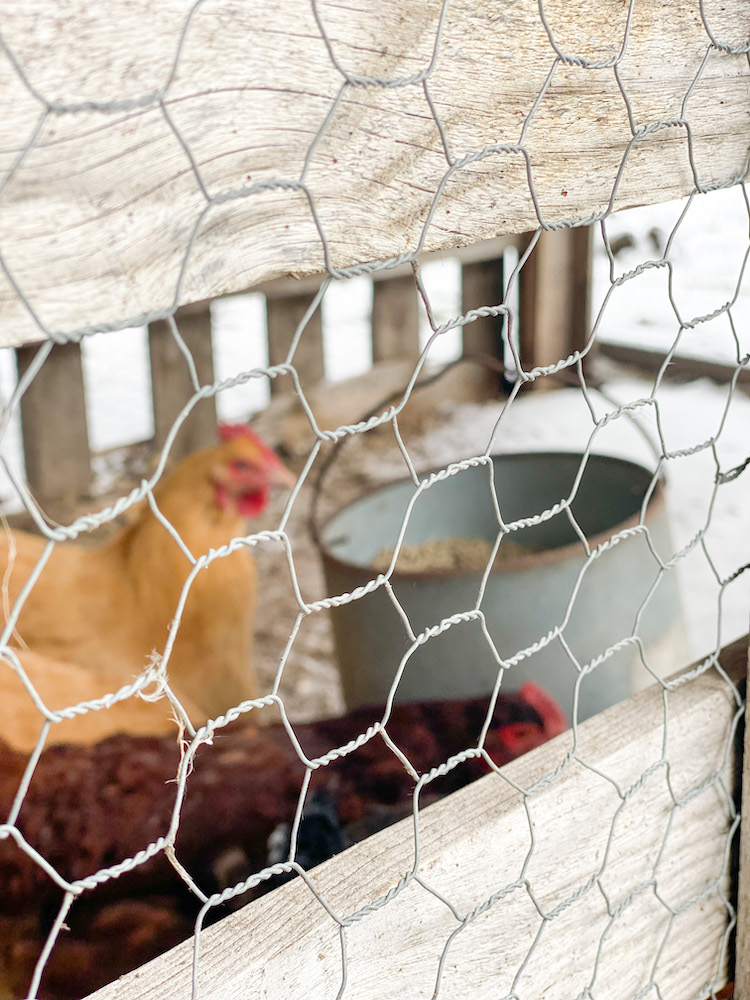
5. Create a Safe Space for Chickens to Spend Time Outside on Sunny Days
When planning out your chicken coop and pen I always recommend having an outdoor sheltered area for chickens to take cover from the harsh sun in the summer months as well as have an outdoor space to roam during the warmer months. Keeping chickens coop'ed up all winter long is not good for their health and can create a dirty coop environment with little ventilation. Making sure you chickens can be out side receiving some sunlight even when there is snow on the ground is something you should consider to keep you chickens healthy during the colder months.
6. Consider Supplementing with A Heat Lamp
Using artificial heat and light for chickens can be controversial for some. Of course there are some safety concerns that have to be taken into consideration. A hot lightbulb and lots of dry wood and straw bedding could lead to a catastrophic outcome, but when used properly and responsibly heat lamps are a one option for keeping chickens warm on very cold winter nights. The extra light may also boost your hens egg production. Some find this upsetting as it may interfere with your chickens natural circadian rhythms. That said I have used a guarded heat lamp in my coop on very cold night with a timer and an auto off in the event the lamp fell. I keep the heating lamp well away from all bedding and combustibles and my hens are quite happy and healthy throughout the winter.
7. Treat Hens Proactively for Frostbitten Waddles
Checking hens for frostbite throughout the winter months is critical to maintaining their health. Sometimes petroleum jelly is recommended for protecting chicken waddles and feet from frostbite, but I much prefer a natural option. I use a combination of coconut oil, vitamin E oil and calendula.



